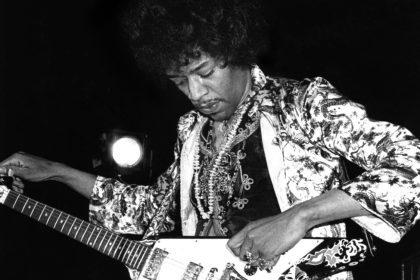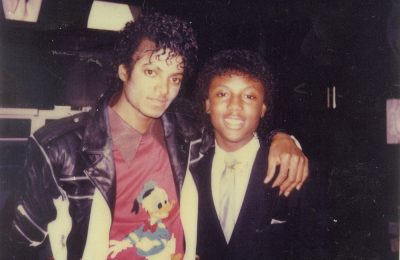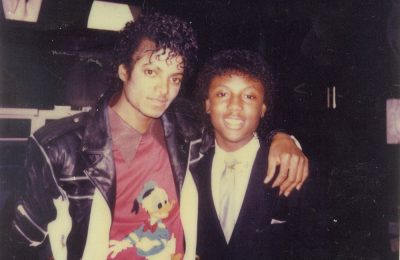
Amy Winehouse, recipient of five Grammy awards, is dead at 27. It’s always sad when someone dies at a young age, whether they are a music icon or not. However, after an adult life of drug abuse, depression, eating disorders and trouble with the law, many are not totally surprised by Winehouse’s sudden demise.
The soulful singer is gone, and, now, the question is why. Was it murder? Was it an accidental overdose? Was it suicide? She reportedly suffered from emphysema, but was a heavy smoker. So, was it natural causes resulting from her health condition? Those interested in the paranormal and suspicion theorists wonder if she has become, either intentionally or unintentionally, a member of the “27 Club,” also known as “Club 27” and the “Forever 27 Club.” Books and even a movie have been written on the topic.
Is it a coincidence that, now, six iconic rock or pop stars — Brian Jones of The Rolling Stones, Jimi Hendrix, Janis Joplin, Jim Morrison, Kurt Cobain and Winehouse — have died at the age of 27? Or, is there something more sinister in motion? According to one site, there are at least 39 other singers and musicians who also died at 27, many of whom were African American. Yes, thousands of people die every day at various ages, so maybe music historians are simply paying particular attention to the musicians who have died at that age. Thousands of entertainers have passed through the age of 27 successfully.
Although I pay attention to some spiritual occurrences and unusual theories, I actually think that most of these deaths are more psycho-developmental in nature. Noted German-born psychologist Erik Erikson, one of the “fathers” of psychology, created the eight stages of psychosocial development, which cover age ranges from birth to 65 and older: hope, will, purpose, competence, fidelity, love (ages 19-40), care and wisdom. According to Erikson, the psychosocial crisis of this stage is intimacy versus isolation, and the questions that a person in this stage asks himself or herself are “Shall I share my life with someone or live alone?” and “Am I loved or wanted?”
For a person passing through this potentially turbulent, emotional stage who has financial access to a self-destructive lifestyle and habits, an early death from a drug overdose, alcoholism, accident, reckless living that leads to health issues, suicide, etc., is a possibility.
Creative people, including musicians, singers, artists and even comedians, often can have dark sides. It is said that it is from their pain and depression that they are able to create beautiful works of art and music and can move an audience to tearful, side-clenching hilarity.
In August 2009, Winehouse was the recipient of a divorce she didn’t want. Last month, a concert audience in Serbia booed her off stage for a poor performance. These types of issues, in addition to her other troubles in life, make it plausible that people could lose themselves — even their very lives — during a crucial, sensitive stage in life.
Is there a mysterious “27 Club” that somehow developed over time in the world of music that some have chosen to join, or are many of these deaths due to a set of negative circumstances combined with difficult or unsuccessful passage through Erikson’s sixth stage of psychosocial development?
–arnell pharr










